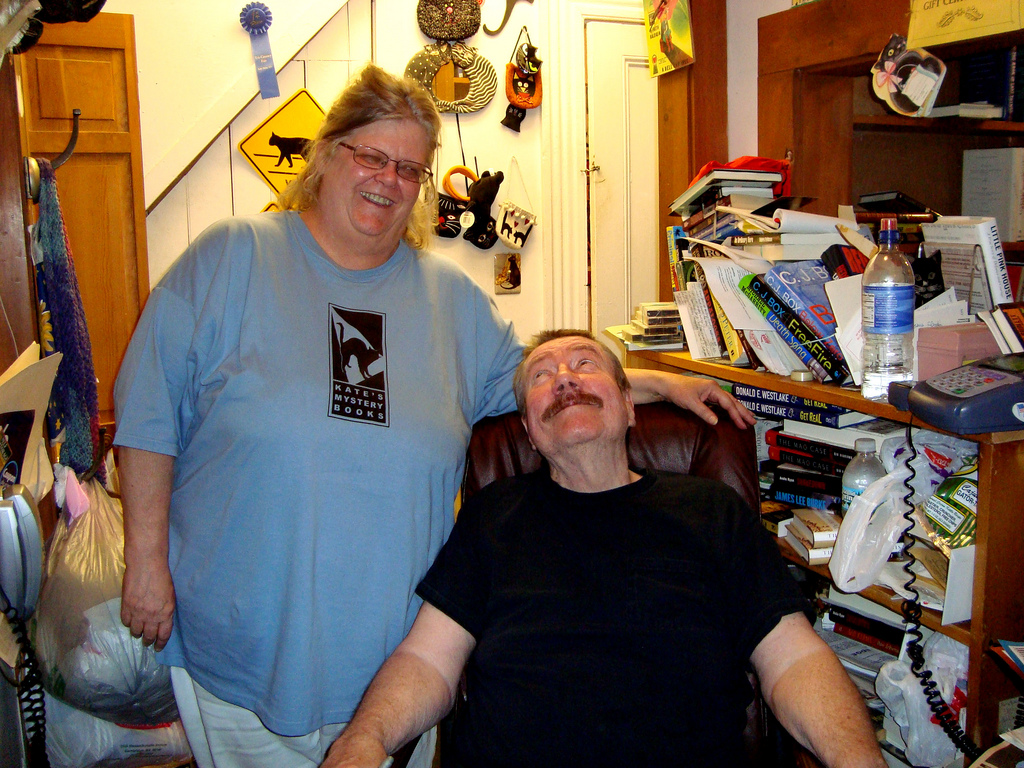I was interested to read on Sarah’s blog about the fuss John Banville raised recently. Banville said, undiplomatically, that he writes more quickly and easily as crime writer “Benjamin Black” than he does writing literary novels under his own name. There were hurt feelings, suggestions that Banville was “slumming,” and the author felt compelled to issue a foot-shuffling clarification. “The distinction between good writing and bad,” he said, “is the only one worth making.”
That is so obviously untrue — lots of distinctions beyond good/bad are worth making — that Banville must have held his nose while typing it. The whole thing reminds me of Michael Kinsley’s definition of a Washington gaffe: when a politician inadvertently tells the truth in public.
Does anyone really doubt that an author would find it easier to write freely when he is working in a genre with established conventions? There are plenty of challenges to genre writing, of course. The writer can stick to the conventions, subvert them in various ways, update them, etc. But the rules do exist. The relative difficulty in writing “literary” novels is not that there aren’t models to follow; non-genre writers mimic older stories all the time. The difficulty — at least the one Banville meant — is that storytelling conventions are less clear and less important. The writer is at sea. That is why literary writers like Banville, Richard Price, and E.L. Doctorow (Billy Bathgate) feel relieved when they come to crime writing. Finally, there is a roadmap, a method to plotting the story. As a crime writer, I am thankful for that roadmap every day.
It is also obvious that genre novels place a higher priority on entertaining the reader. This is the umpteenth rehash of Graham Greene’s old distinction between novels and entertainments, and the only remaining mystery is why on earth we continue to worry about it. Listen to Greene (see below) as he briefly discusses the subject. It turns out, the novels/entertainments distinction didn’t hold up very well even for the man who invented it. “Most of my novels have an element of melodrama,” Greene concedes, even the literary ones. All novels need drama, even the melo- kind.
So let’s not be so touchy, crime fans. Entertainments — yes, crime novels included — are indeed easier to write, just as Banville says. They are also generally easier to read, precisely because they take seriously the writer’s duty to entertain. Why apologize for it?
By the way, I always find it a little disconcerting to hear or see an author whose books I love. The authorial voice is one the reader creates in her own head. Greene’s actual, reedy voice is not the one I’d imagined for him. (Click below to hear him.) Yet another example of the internet revealing too much.
[jwplayer config=”Landay Audio Player” file=”/wp-content/uploads/2009/08/05-Novels-And-Entertainments.mp3″ /]

